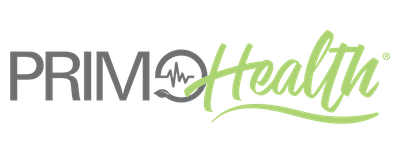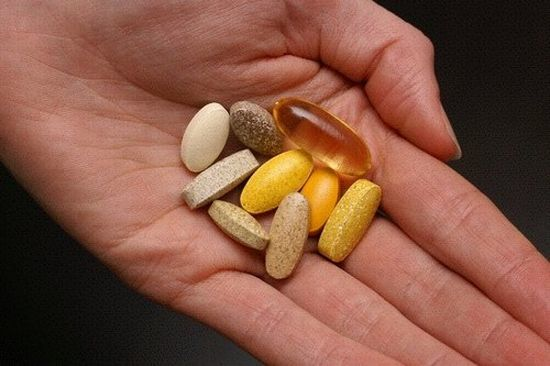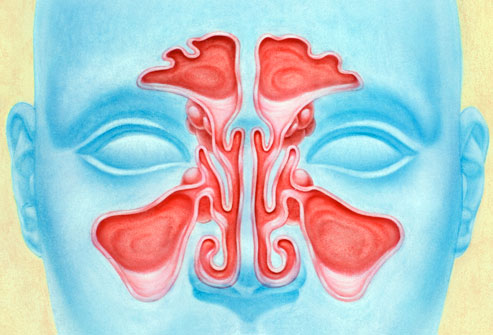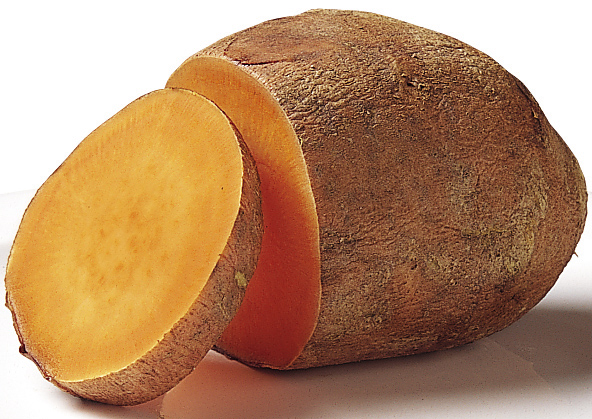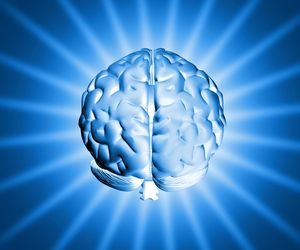
We are born with more brain cells than we will ever have again in our lives. As we age, we lose brain cells, and as far as science can tell at this time, our bodies cannot regenerate the neurons in the brain. To preserve health and brain function, it is essential that we protect, nourish and exercise our brains. This is the topic of discussion for my Healthy Brain series.
Although our brains are unable to regenerate dead neurons, scientists have discovered that the brain has an amazing way of overcoming this downfall in order to preserve memory and brain function. This process is called neurotropism. When a neuron (brain cell) dies, there's a gap left between the cells on either side of the dead cell. Nerve transmissions usually travel from one neuron to the other much like electricity does. The healthy neurons surrounding the dead space where the cell once was will reach out with their extensions (dendrites) and stretch across that dead space to create new connections with surrounding neurons. This phenomenon maintains the function of the brains cells so that messages are able to travel across those divides without disruption. You can see some cells in neurotropism in the video below.
